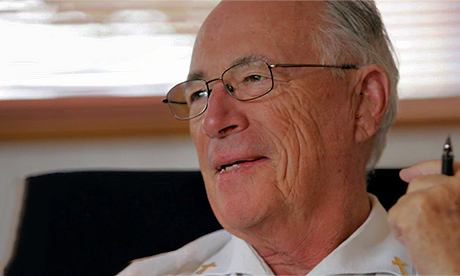On this journey of becoming we have not been left to ourselves.
We belong to a community of saints and sinners who share the journey and support one another.
Our relationship with Christ is personal, but not private. It is in and through and with the community of his disciples.
What Jesus did for us by his life and death was a gift; it wasn’t owed to us.
But gifts are not imposed; we have to receive them and make them our own.
It is the Holy Spirit who enables us to do this, in all the ways we live our faith.
This happens especially in the celebration of Eucharist: at the Last Supper Jesus told his disciples “do this in memory of me”.
This isn’t just remembering in our minds. Jesus was echoing the ancient Hebrew practice of commemorating the Passover.
That ritual gave the Jews of each succeeding generation a way of personally sharing in what happened at the Exodus.
That was a once-for-all event, but the freedom it brought was meant for those who came after as well. Eucharist is a memorial in that sense.
It gives Christians of succeeding generations a way of stepping forward to personally and more deeply participate in Jesus’ Passover from death to life, and to share in the freedom and joy this gave him. “… God brought us to life with Christ… and raised us upwith him and gave us a place with him in heaven… (Ephesians 2:5, 6).
That is now who we are – through real union with Christ.Eucharist also makes us sharers in his mission: in receiving Holy Communion we receive Him whose body was ‘given up’ for others, and blood (life) was ‘poured out’ for others.
Our Amen expresses our commitment to being ‘for others’ – being self-giving.
“Even when Eucharist is celebrated on the humble altar of a country church, it is always in someway celebrated on the altar of the world.It unites heaven and earth. It embraces and permeates all creation.” (Pope John Paul II)
“In the Eucharist, the whole cosmos gives thanks to God. Indeed, the Eucharist is itself an act of cosmic love”. (Pope Francis)
Gather us in, the lost and forsaken,
gather us in, the blind and the lame;
call to us now, and we shall awaken,
we shall arise at the sound of our name.
We are the young, our lives are a mystery.
We are the old who yearn for your face.
We have been sung throughout all of history,
called to be light to the whole human race. (GIA Publications Inc. Marty Haugen.)
- +Peter Cullinane was the first bishop of the Diocese of Palmerston North. Now retired he continues to be a respected writer and leader of retreats and is still busy at local, national, and international levels. Here he shares his reflections on sciences and Christian faith. To conclude the introduction of this series he quotes Albert Einstein, “Science without religion is lame; religion without science is blind.”
- This is the eleventh in a series of chapters from his letter to senior students
- Image: Manawatu Standard
News category: Analysis and Comment.




